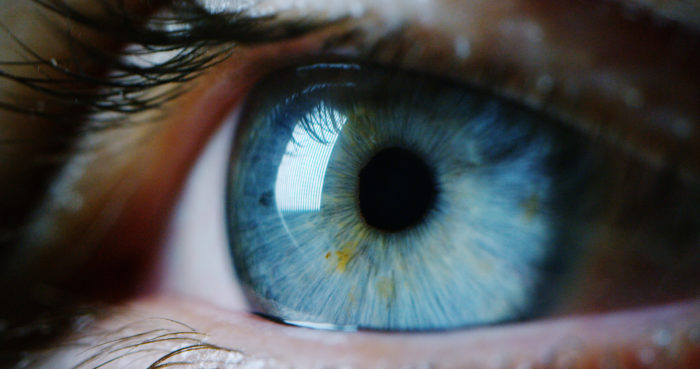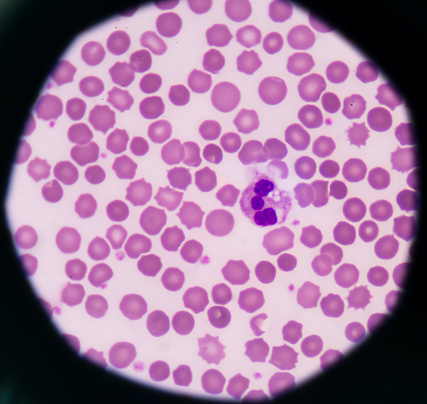
Are the eyes the window to our health?
February 22nd, 2023The eyes are often called the “windows to the soul,” but they can also provide important clues about our overall health. In fact, several health conditions, including dementia, multiple sclerosis (MS), and diabetes, can be detected through changes in the eyes.
Dementia is a group of cognitive disorders that affect memory, thinking, and behaviour. In the early stages of dementia, changes in the eyes can be one of the first signs of the condition. One of the most common eye-related symptoms of dementia is difficulty with depth perception, which can cause problems with judging distances or recognizing familiar faces. Other eye-related symptoms of dementia may include changes in vision, such as trouble with contrast or colour perception, and difficulty adjusting to changes in light levels.
Multiple sclerosis (MS) is a chronic neurological disorder that affects the central nervous system. One of the hallmark symptoms of MS is inflammation of the optic nerve, which can cause vision problems such as blurriness, double vision, or even blindness. In some cases, MS can also cause a condition called nystagmus, which is an involuntary shaking or jerking of the eyes that can make it difficult to focus on objects. We have a product called Can-C eyedrops that are great for many eye complaints including Dry eye syndrome, Eye strain, blurred vision and is also a fantastic contact lens lubricant.
Diabetes is a chronic condition that affects the body’s ability to regulate blood sugar levels. Over time, uncontrolled diabetes can damage the blood vessels in the eyes, which can cause a condition called diabetic retinopathy. Diabetic retinopathy is a leading cause of blindness in adults, and it can cause a range of vision problems, including blurred vision, floaters, and even complete vision loss.
In addition to these specific conditions, changes in the eyes can also be an early warning sign of more general health problems. For example, changes in the blood vessels in the eyes can be an early sign of high blood pressure, and yellowing of the eyes can be a sign of liver disease. Similarly, a yellow ring around the cornea can be an early sign of high cholesterol. We have a product called Blood sugar Pro that’s designed to help lower and stabilize blood sugar levels.
So, what should you do if you notice changes in your eyes? If you experience any sudden changes in vision or eye-related symptoms, it is important to see an eye doctor as soon as possible. In many cases, early detection and treatment can help prevent or manage the underlying health condition.
In conclusion, the eyes can be an important indicator of our overall health. From dementia to diabetes, changes in the eyes can provide valuable clues about the state of our bodies and minds. By paying attention to changes in our eyes and seeking medical attention when necessary, we can take an important step towards maintaining our health and wellbeing.
Further Reading:
20 surprising health problems an eye exam can catch: https://www.aao.org/eye-health/tips-prevention/surprising-health-conditions-eye-exam-detects
How is Alzheimer’s disease diagnosed? : https://www.nia.nih.gov/health/how-alzheimers-disease-diagnosed
All about the central nervous system: https://www.medicalnewstoday.com/articles/307076










